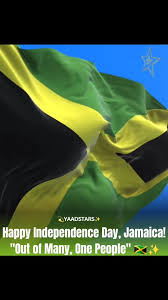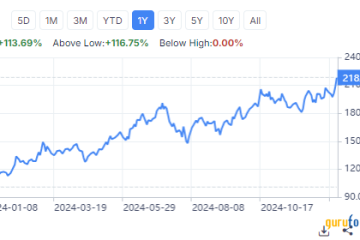Jamaica Independence Day: Celebrating Freedom and Culture

Introduction to Jamaica Independence Day
Jamaica Independence Day, celebrated annually on August 6, holds significant importance for the nation and its people. This day marks Jamaica’s liberation from British colonial rule in 1962, reflecting the country’s journey towards self-determination and nationhood. It is a time for celebration, cultural expression, and national pride.
Historical Background
Jamaica officially gained its independence from the United Kingdom on August 6, 1962, after a lengthy struggle for sovereignty that included various movements advocating for civil rights and self-governance. The British colonization of Jamaica began in 1655 and lasted for over three centuries, which deeply influenced the nation’s culture, politics, and social structures. Independence brought about significant changes, allowing Jamaica to establish its own government and enter the international sphere as a sovereign nation.
Current Celebrations and Events
Jamaica Independence Day is commemorated with a variety of festivities that reflect the rich culture and heritage of the nation. Parades, concerts, and cultural events take place across the island, showcasing local music, dance, and art. The celebrations often begin with the raising of the national flag and are followed by speeches from political leaders who emphasize the progress made since independence and the future aspirations for the country.
In 2023, the celebrations were particularly vibrant, as the country marked the 61st anniversary of its independence. Events were held in cities such as Kingston, Montego Bay, and Negril, drawing thousands of attendees who came together to celebrate Jamaica’s achievements and cultural pride.
Significance of Independence Day
Independence Day serves as a reminder of the sacrifices made by those who fought for Jamaica’s freedom. It instills a sense of unity among Jamaicans both at home and abroad, promoting a shared identity rooted in heritage and history. The day also encourages reflection on ongoing challenges and the commitment to building a brighter future.
Conclusion
The significance of Jamaica Independence Day extends beyond just a historical event; it represents the spirit of resilience and determination of the Jamaican people. As the nation continues to face various social and economic challenges, the annual celebrations serve as a beacon of hope and a reminder that independence is a collective achievement that calls for ongoing dedication to progress. For Jamaicans worldwide, this day remains a testament to their rich cultural identity and a moment to celebrate the legacy of freedom.








